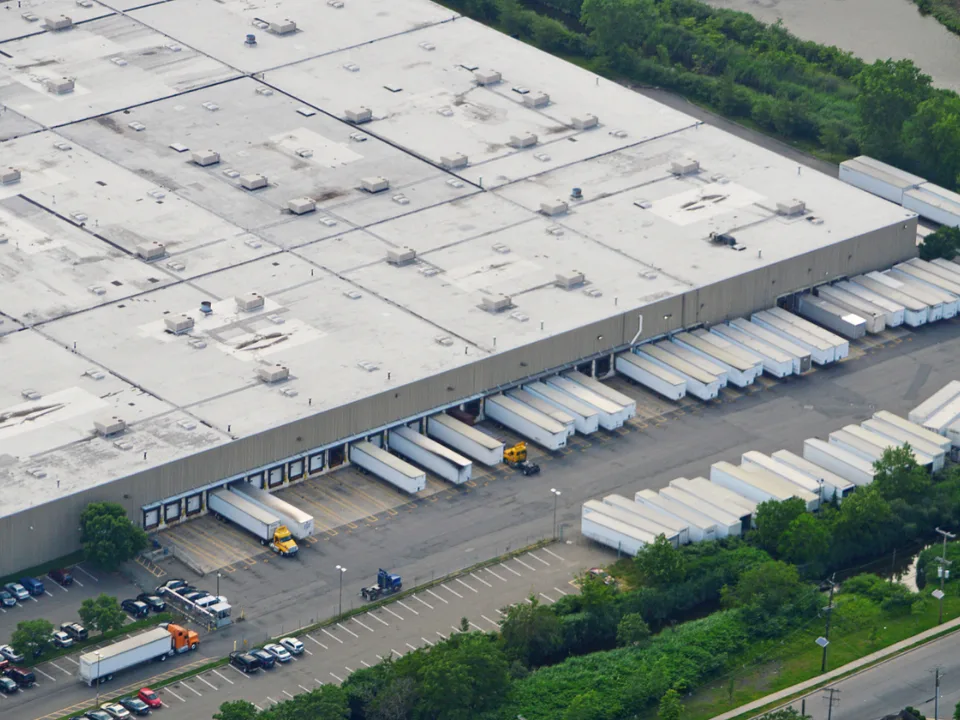- Amazon has delayed RTO dates for workers in at least seven cities, including Austin and Dallas, due to office reconfiguration needs.
- The company’s 350K corporate employees are expected to have desks by early 2025, despite logistical challenges.
- Amazon is negotiating for additional office space, including a potential lease at HSBC’s 452 Fifth Avenue location in New York City.
- This shift comes months after Amazon reportedly sought to cut $1.3B in costs by reducing office vacancies.
Amazon’s (AMZN) return-to-office (RTO) mandate, which requires corporate employees to work in the office at least three days per week, is facing delays in multiple cities.
According to a spokesperson, the delays are not due to a lack of office space but rather the need to reconfigure properties to fit more desks, as reported by The Real Deal.
Balancing Costs & Expansion
This logistical hurdle comes as Amazon aims to bring the “vast majority” of its 350K corporate employees back to desks by early 2025. In some cities, employees have voiced frustration over shared workspaces and insufficient private or conference areas, further complicating the transition.
Despite these challenges, Amazon is actively seeking more office space. In New York, the company is negotiating to lease HSBC’s 350 KSF office at 452 Fifth Avenue. This potential lease complements its existing footprint at the former Lord & Taylor building nearby, where Amazon houses 2K employees.
Get Smarter about what matters in CRE
Stay ahead of trends in commercial real estate with CRE Daily – the free newsletter delivering everything you need to start your day in just 5-minutes
Ironically, these efforts come less than a year after Amazon initiated cost-cutting measures to reduce office vacancies, including non-renewal leases and early lease terminations. In March, the company estimated savings of $1.3B from these reductions.
Why It Matters
Amazon’s RTO delays highlight the logistical complexities of transitioning a large corporate workforce back to physical offices in a post-pandemic environment.
While some tech firms embrace flexible work arrangements, Amazon’s rigid policy has drawn criticism from employees and strained its office resources.
As Amazon balances expansion with cost-saving measures, the company’s approach could serve as a bellwether for other corporations navigating similar challenges in the hybrid work era.
















